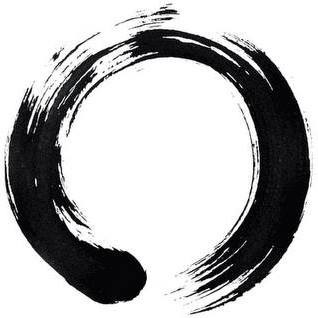Quotations from Fourth Way authors Gurdjieff and Ouspensky on unity–and our innate multiplicity.
Acknowledging Plurality
Man has no individual I. But there are, instead, hundreds and thousands of separate small I’s, very often entirely unknown to one another, never coming into contact, or, on the contrary, hostile to each other, mutually exclusive and incompatible. Each minute, each moment, man is saying or thinking ‘I.’ And each time his I is different. Just now it was a thought, now it is a desire, now a sensation, now another thought, and so on, endlessly. Man is a plurality. Man’s name is legion. – Gurdjieff
It is quite simple to establish that we have no permanent ‘I’. Try to remember yourself for fifteen minutes; this will show the degree of your being. If you had a permanent ‘I’, you would be able to remember yourself for fifteen hours! – Ouspensky
On Inner Conflict – The Lack of Unity
Blessed is he who has a soul, blessed is he who has none, but woe and grief to him who has it in embryo. – Gurdjieff
Nobody lives without inner conflicts, they are normal and always there. But when we begin to work, conflict increases. … The creation of unity is not the result of conflict—it is the result of struggle with conflict. — Ouspensky in The Fourth Way
What does your present state of being mean? First, it is your state of consciousness—long periods of sleep-walking with a few glimpses of another state. There is no unity; one is in the power of negative emotions, and so on. One can, in this state have an enormous amount of knowledge that cannot change being, and a very little amount of knowledge that can. — Ouspensky in A Further Record
Transcending the Conflict of Multiplicity
The Buddha way is, basically, leaping clear of many and the one. —Dogen
I wish to speak about the overall unity of all that exists—about unity in multiplicity. I wish to show you two or three facets of a precious crystal, and to draw your attention to the pale images faintly reflected in them. – Gurdjieff, Views from the Real World
